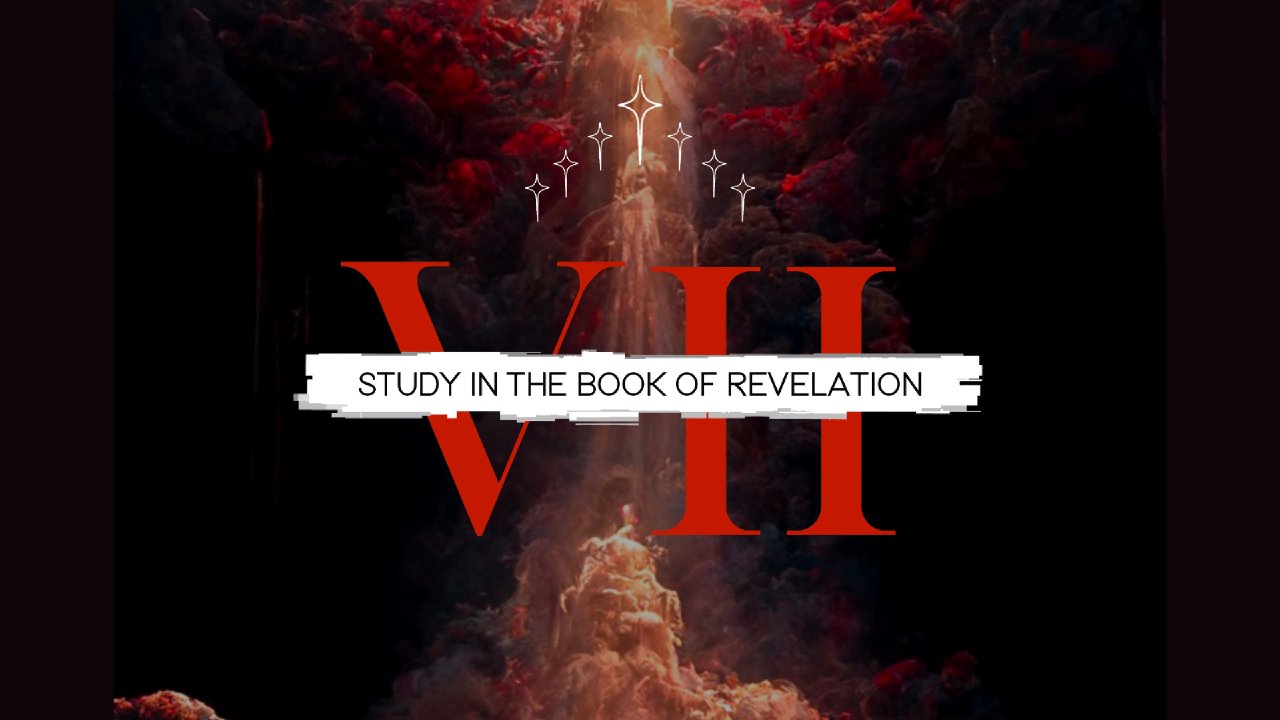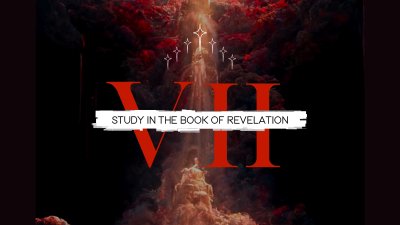Philadelphia was located about thirty miles inward from Smyrna and the Aegean Sea, sitting on high ground on the south side of the Cogamis River. Its fertile land is well-suited for growing grapes, leading to an economy based mostly on agriculture and some industry. Because of this vine-growing ability, worship of the Greek god Dionysus—the god of wine— was a major pagan cult. Philadelphia had a strategic location at the intersection of several trade routes, making it a very prosperous city and earning it the name “the gateway to the East.” Unfortunately, its location also made it susceptible to earthquakes, and in AD 17, an earthquake destroyed the city of Philadelphia, along with several other cities. The Roman Empire played a huge role in the rebuilding of the city of Philadelphia, solidifying the city's devotion to the imperial cult. Just like in the city of Smyrna, those citizens who refused to worship the Roman emperor drew the persecution of the Roman devotees. Yet the Christians of the church at Philadelphia kept God’s Word and did not deny the name of Jesus (v. 8). This is a church that remains faithful to Christ in the face of multiple types of opposition.

Revelation 3:7-13
The Church at Philadelphia
December 18, 2022 • Tyler Price • Revelation 3:7–13
More from
Revelation - Cartersville





